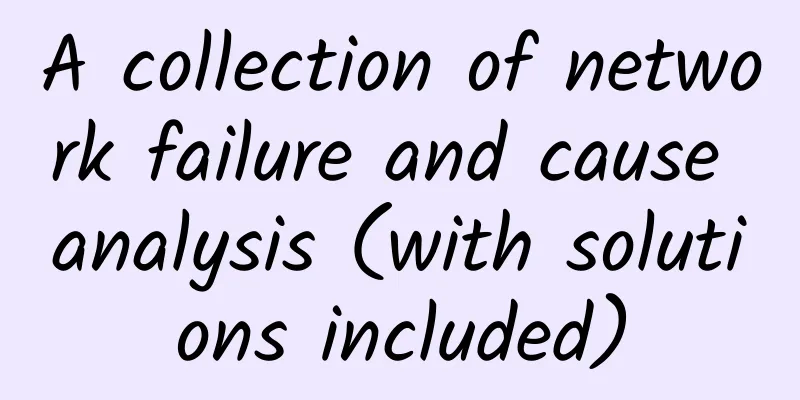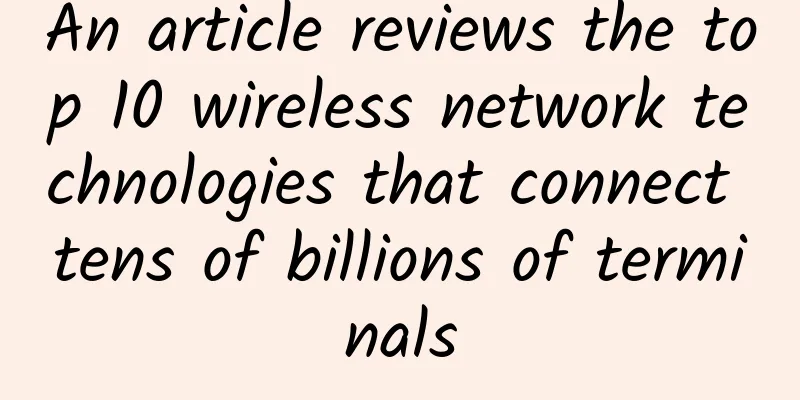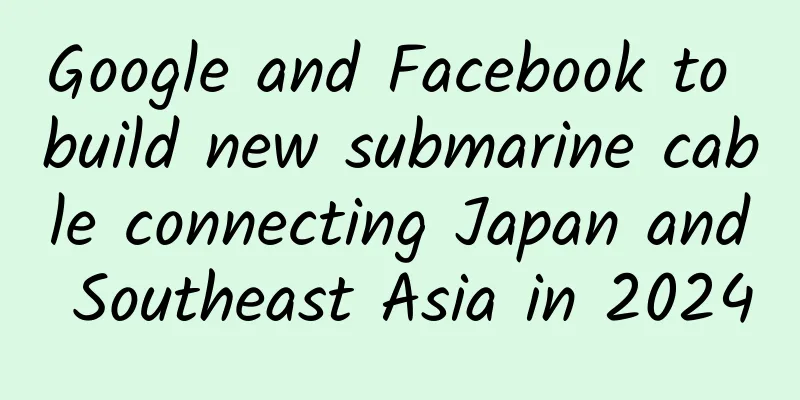The creator of the World Wide Web has a plan for a better global network, but he needs help

|
According to foreign media CNET, Sir Tim Berners-Lee, the father of the World Wide Web, formulated a global plan on Monday and called for action to protect the future of the Internet and prevent humanity from falling into a digital "dystopia." Berners-Lee first announced the plan at the Web Summit in Lisbon in 2018. The plan was developed in conjunction with governments, businesses and citizens over the past year.
The purpose of the Contract for the Web is to prevent the widening of the digital divide and combat the worst aspects of the web to strengthen and protect future generations. Just as the creation of the Contract was an open source process in which all of the web’s stakeholders participated, the Contract is designed to be equally enforced by companies, politicians, and everyday Internet users around the world. “The power of the web to transform people’s lives, enrich societies and reduce inequalities is one of the defining opportunities of our time,” Berners-Lee said in a statement. “But if we don’t act now — together — to prevent the web from being abused by those who want to exploit, divide and destroy, we risk squandering this potential.” The compact is built around nine key principles that broadly cover many of the issues that affect the web, from data misuse to internet shutdowns. These are further divided into three categories, each for governments, companies, and citizens. They are as follows: For the Government Make sure everyone can connect to the network Keep the Internet accessible to everyone at all times Respect and protect people’s online privacy and data protection rights For Companies Making the Internet affordable for all Respect and protect people’s privacy and personal data Develop technologies that encourage the best in humanity and challenge the worst For Citizens Become a network creator and collaborator Building strong communities that respect civil discourse and human dignity Fighting for an open network These principles may seem repetitive, but the difference lies in the way they are adhered to. Take the rights to privacy and data protection: for governments, respecting and protecting these rights means enacting regulations and monitoring abuses, and ensuring that activities carried out in the name of fighting crime or protecting national security are proportionate. But for companies, respecting and protecting data rights and privacy may mean changing the tools, capabilities, and policies built into their business models. Other principles, like what it means to be a creator and collaborator or to develop technology that benefits humanity, are more open to interpretation and debate. But encouraging people to think about what they mean is a key part of what Berners-Lee wants. “It’s up to all of us to fight for the web we want,” he said. |
>>: The world's IPv4 addresses are officially exhausted!
Recommend
The pitfalls of low-power wide area networks! Take a look at the stories of Sigfox and LoRa manufacturers
In the past decade of development of the communic...
GaussDB T database cloud service officially launched on Huawei Cloud with Kunpeng computing power
Recently, the cloud service of GaussDB T, the wor...
15 Best Practices for Fiber Optic Cable Installation in Data Centers
CABLExpress recently released its latest Fiber Op...
Maxthon Hosting: 600 yuan/month Hong Kong Dedicated Server-E5-2630v2/16GB/480G SSD/2IP/CN2 GIA Line
The tribe has shared information about Aoyo Zhuji...
Free VPS, Free VPS Merchants with $50-100, Free Trial VPS
The tribe mainly shares cheap VPS hosts. Although...
From fiber to 5G: A comparison of internet connection types
Connecting to the internet has never been easier:...
Tencent Cloud lightweight server monthly payment starts from 24 yuan, available in Hong Kong/Singapore/Japan/USA/Russia, etc.
I searched the blog and found that information ab...
DAGW: Exploration and Practice of Data Aggregation Gateway
Business Background Bilibili is a video community...
A Chinese original praised by five academicians: Feisuan fully automatic software engineering platform is launched globally
"You only need to input the flowchart, and t...
How does 5G promote innovation in manufacturing?
5G technology is revolutionizing the way we commu...
Prediction: Global enterprise-level WLAN equipment spending will reach $40 billion in the next five years
Market research firm Dell'Oro Group has just ...
Is it impossible for non-middlemen to hijack TCP?
TCP initial sequence number Hi, my name is Robert...
More than 560,000 South Korean 5G users return to 4G: dissatisfied with 5G speed and poor signal coverage
Recently, more than 560,000 5G users in South Kor...
The changing world of ICO: What are the prospects for blockchain and virtual currency?
There have been many major events recently, rangi...
The large-scale replication of 5G private network applications urgently needs policy support
Since the license was issued on June 6, 2019, my ...


![[6.18] Megalayer flash sale: Hong Kong independent server starts from 199 yuan/month, high-defense server starts from 299 yuan/month](/upload/images/67cabe62b75a5.webp)






